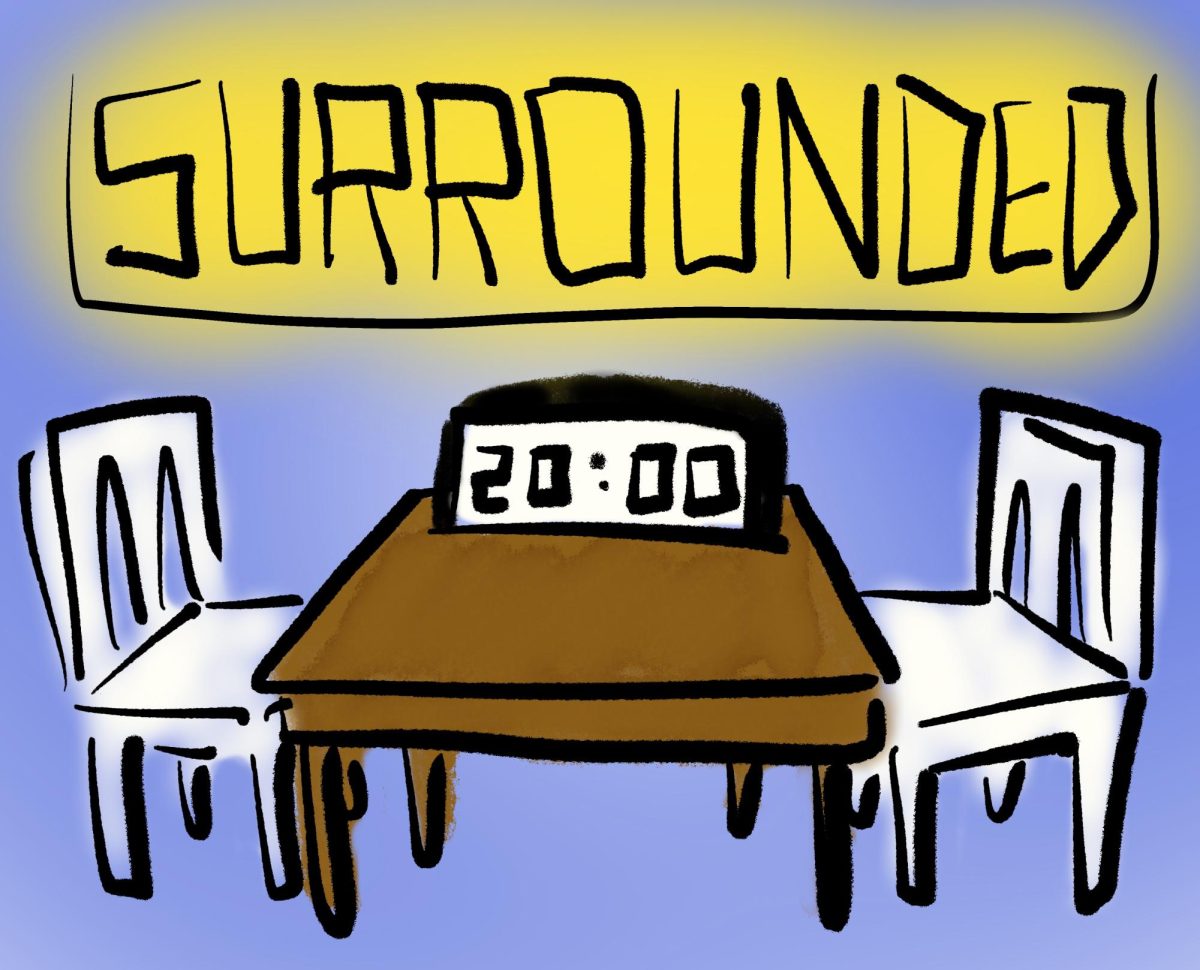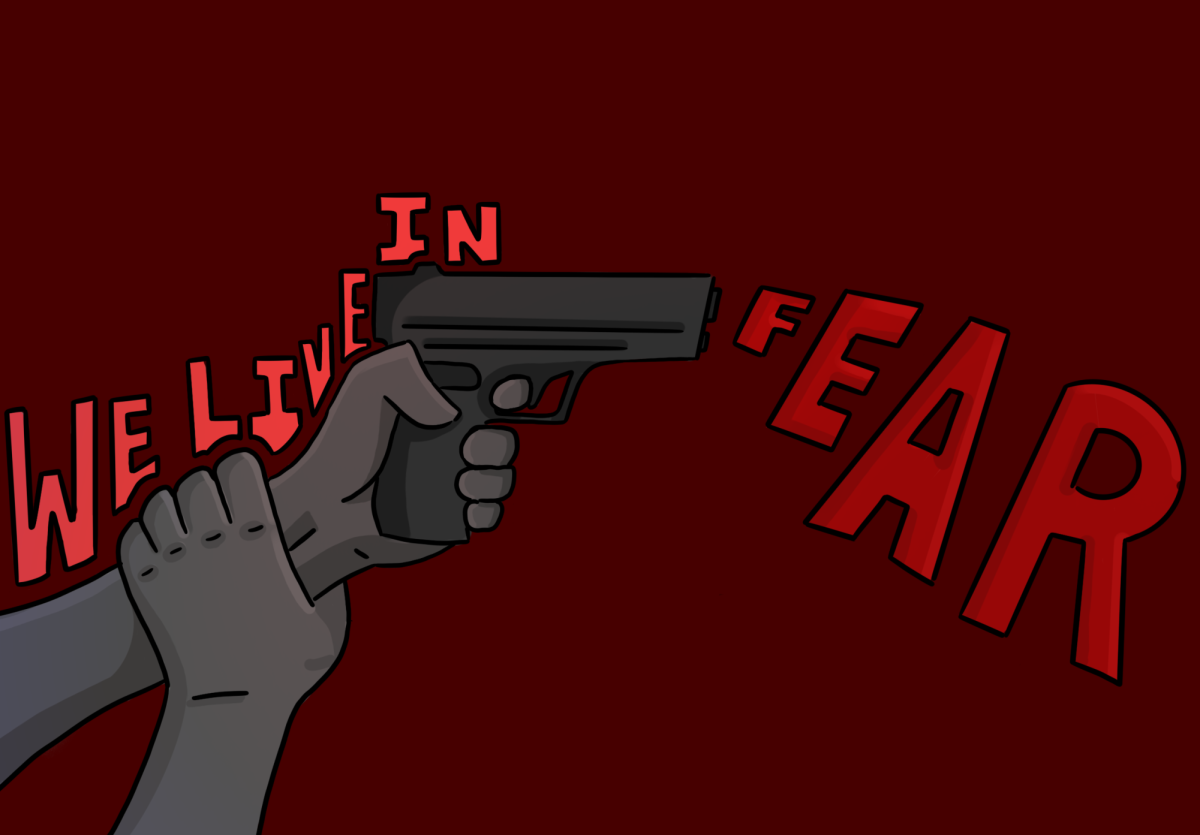Imagine being in a room in the middle of a circle of 20-25 people who do not have the same political views or opinions as you. You're given a prompt that aligns with your views, and you have minutes to defend your opinion and try to change other people's opinions by talking to the people around you. The others take turns trying to talk to you, but if half of the people vote that they don’t agree any time within the 20 minutes, by raising a flag, you swap the person talking to you. After 20 minutes, the prompt changes and the cycle continues until the video ends.
This is the format of the series on YouTube called Surrounded. Jubilee, the creator, hosts 29 different series, with Surrounded being one of them. Jubilee is owned by Jason Y. Lee and has amassed 9.89 million subscribers on YouTube. Some of its most popular series include Candid Confessions and Ranking.
There are currently 14 episodes in Surrounded, with one special. Popular episodes in the series include “Can 25 Liberal College Students Outsmart 1 Conservative? (feat. Charlie Kirk)” and “Can 1 Woke Teen Survive 20 Trump Supporters?”. Combined, the series has 108 million views as of April 26.
These videos fail to provoke productive debates because they rely on personal anecdotes. These can be important and add value because they often resonate with the viewer and the person they are debating, but can be negative because they tend to be stories that are not common. For example, in the video “Doctor Mike vs. 20 Anti-Vaxers”, one of the participants explains how her friend died of a heart attack, and had a vaccine beforehand. However, personal anecdotes like this one can often be shaped by bias, and one individual's experience that does not represent everyone.
These videos are ragebait. Ragebait is content that is created with the intent to make the viewer mad to gain clicks and engagement. The Surrounded series is centered around the participants talking over each other and restating arguments. Both of these can lead to viewers feeling frustrated that the people in the video are not being heard. This issue was built into the video format, because the participants only get 20 minutes per prompt, and they don’t know when they will be voted out. Oftentimes this leads to people being cut off from the conversation and to avoid this participants end up rushing their points. This can lead to bad or wrong points being made in the debate. How can you feel good while or after watching these videos when good communication is not happening?
“Provoking understanding and creating human connection,” is how Jubilee describes its mission but does this happen? The format of this series is flawed leading to debates being unsuccessful and as a viewer can lead viewers into a feeling of rage and frustration. I recommend watching the video “Doctor Mike vs 20 Anti-Vaxxers” to decide if this series is a piece of media that is a good form of entertainment and a piece of debate.










